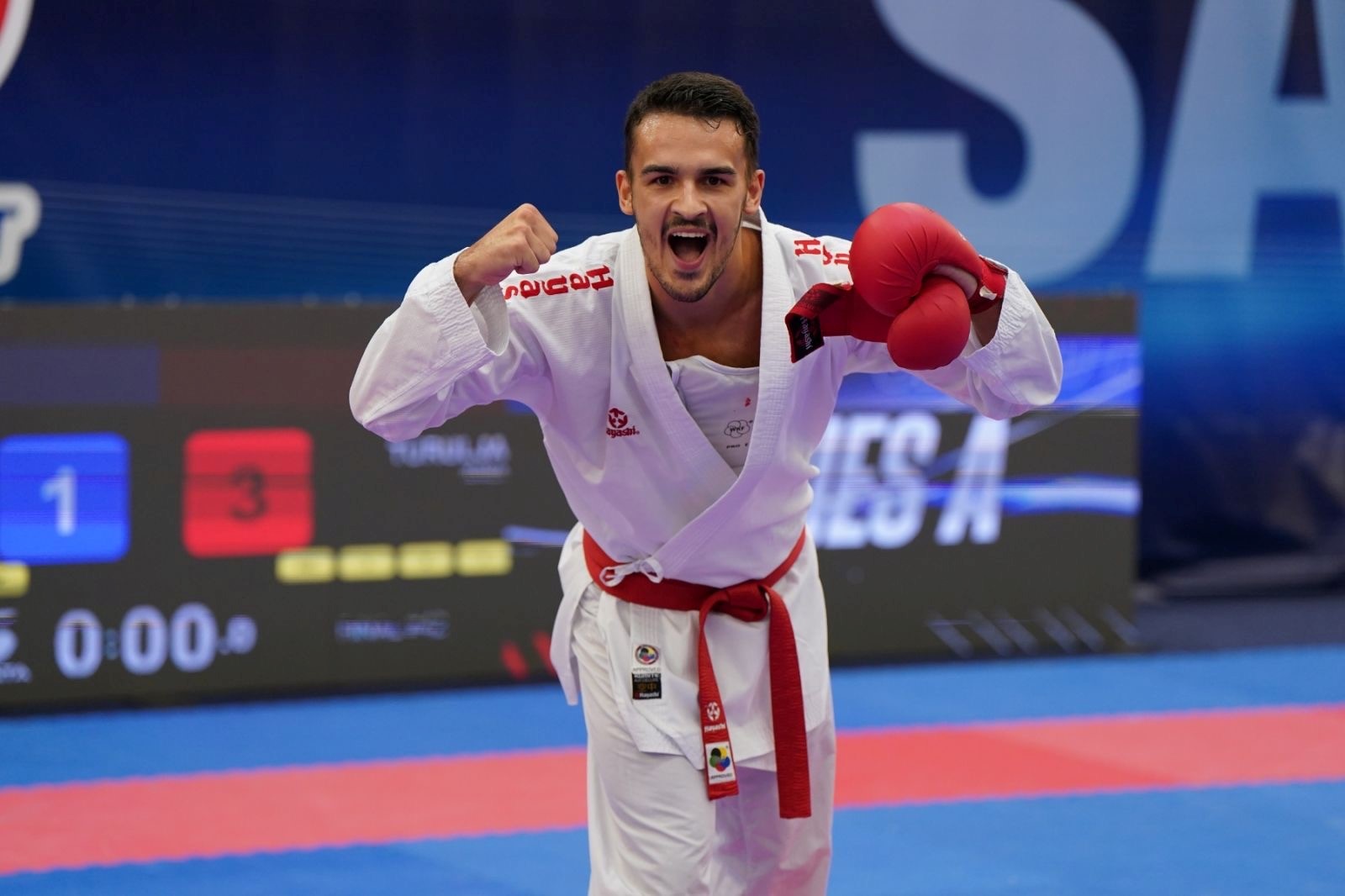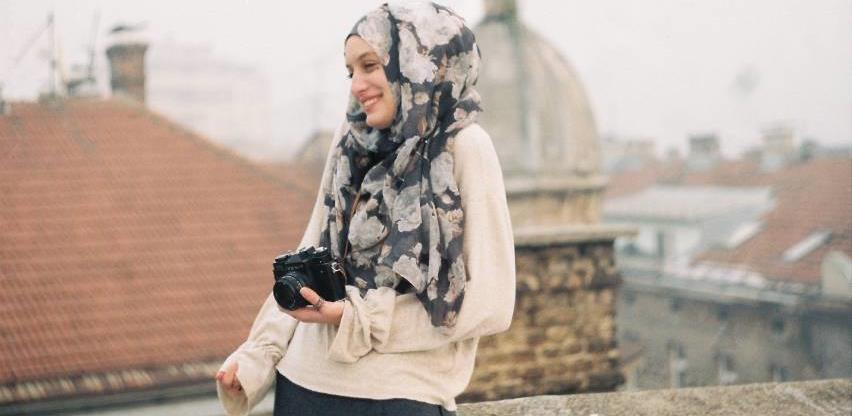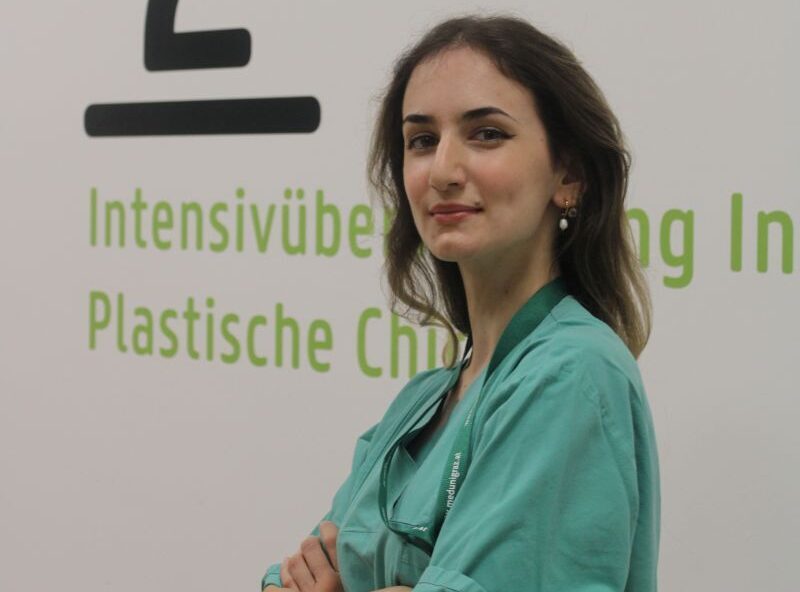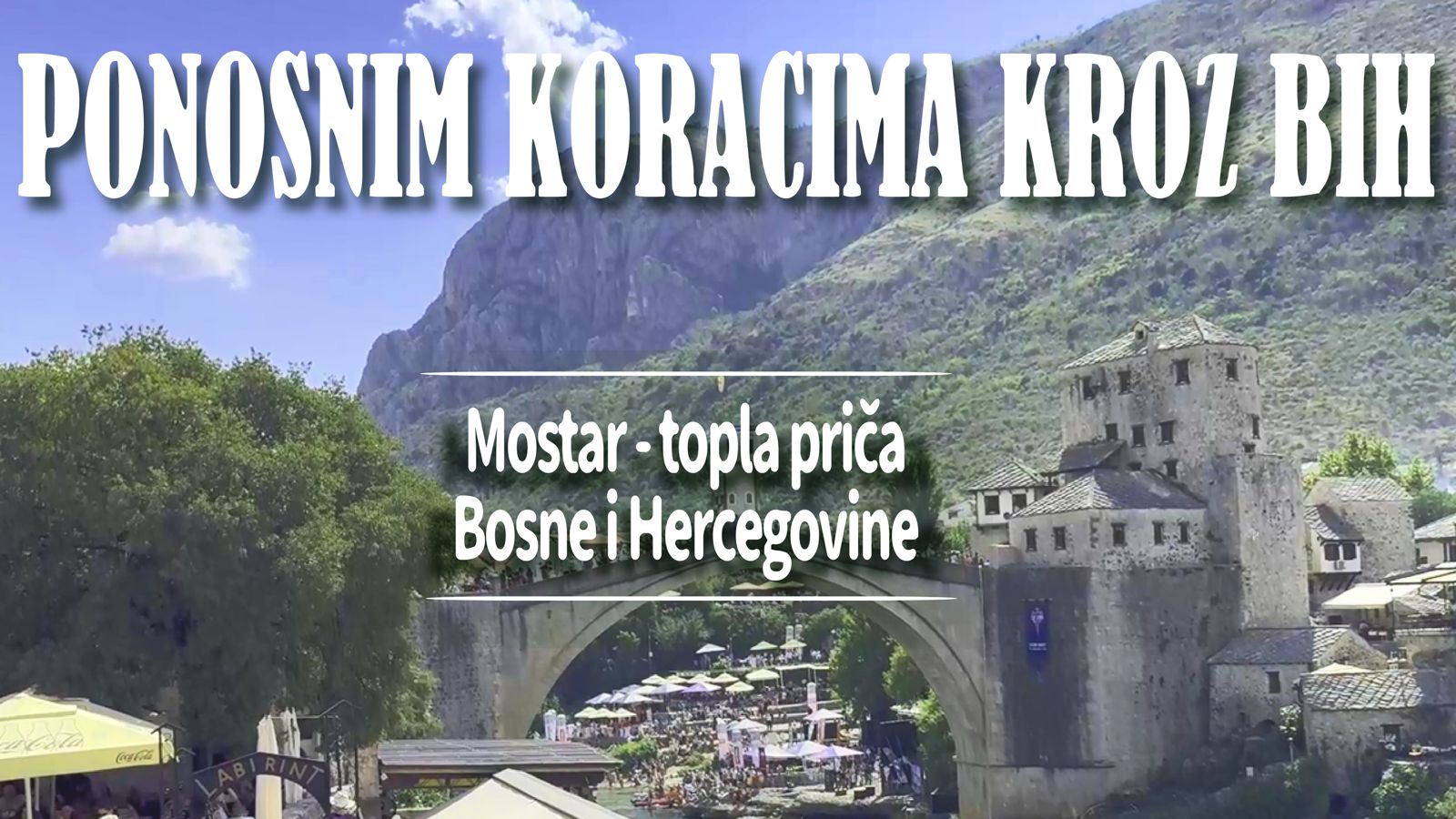Hamza Turulja, a Bosnian karate athlete and a Hastor Foundation scholarship recipient, has brought yet another gold medal to his homeland—this time, no less than the title of world champion.
We spoke with Hamza about his impressions of this major competition and what the daily life of a national karate team member looks like.
- Hamza, you competed at a very large and important event. What was the competition like, and how tough was the field?
That is right. The Series A, where I won the gold medal, is the second-highest level of competition, coming right after the Premier League. I earned the victory in my very first appearance, competing in the under-84 kg category.
As for the competition, there were 96 athletes, making this one of the strongest Series A tournaments to date. I managed to defeat opponents from France, Kazakhstan, the USA, Austria, Serbia and Japan.
- This is your second gold medal at such a high level. What does it mean to you?
Yes, I previously won a gold medal in another category at the same level. I can proudly say that I am the only karate athlete in Bosnia and Herzegovina with two gold medals from this level of competition, which makes this achievement even more special.
- How do you prepare for major competitions like this?
Preparation for major tournaments like this takes years—it is a matter of continuity and maintaining form. Daily, consistent work is necessary to keep your form at the highest level. Outside of training, my typical day is filled with sports whenever my obligations allow. I like to spend time in nature, ride a bike, play football, tennis, and so on. Of course, karate is always my focus, and everything revolves around sporting success.
- How do you manage to balance your academic responsibilities with intense training and competitions?
I try to make sure my sporting journey is not confined only to the gym, but that I also gain theoretical knowledge and broaden my horizons. Naturally, it is very difficult to pursue a dual career, especially in Bosnia and Herzegovina. But if you work on yourself and overcome obstacles one step at a time, I believe everything is possible—and sport itself is the best proof of that.
Interviewed by: Lorens Stranjak




